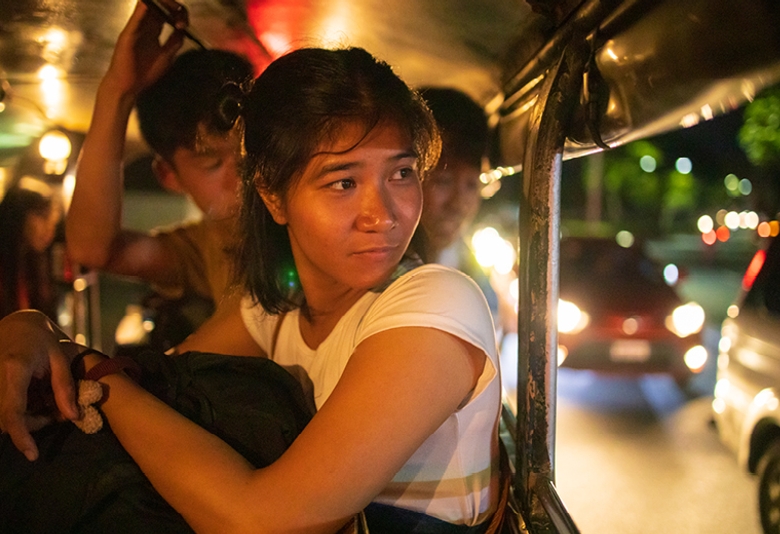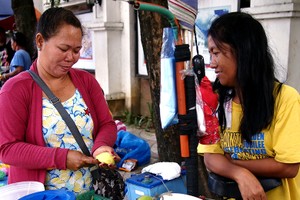People in the Philippines never fail to provide a comic relief even in times like the coronavirus pandemic. Take for instance the parents of two newborns who named their respective offspring “Covid Bryant” and “Covid Rose”.
Social media erupted in amusement and glee because of the news. A few Twitter users even shipped the two future “quaranteens”. They predicted that the COVID-19 babies will meet someday, talk about the history of their names, and fall in love.
While these little ones were born healthy with their mothers by their sides, it is not all love in the time of COVID-19.
Many mothers in the Philippines were not as lucky as they did not survive the experience of childbirth during coronavirus. A rising number of pregnant women have died because they were refused medical treatment. This happened due to the government’s stringent containment measures against the pandemic. Activists have been urging the government to honor its commitments in protecting women’s health. They want availability of and access to essential sexual and reproductive health services. And they want them included in the COVID-19 response.
Center for Reproductive Rights Asia Legal Adviser lawyer Jihan Jacob asserts that the refusal to administer emergency reproductive healthcare to women in the Philippines during coronavirus violates their fundamental rights guaranteed under the constitution and a myriad of other laws including the Anti-Hospital Deposit Law, Magna Carta of Women, and the Responsible Parenthood and Reproductive Health Act. Jacob adds that the current pandemic and resource constraints do not justify reneging on these obligations.
Before coronavirus
Even prior to the pandemic, however, women did not have it easy. The devastation of coronavirus in the Philippines only emphasized the poor conditions that women face. Women’s rights groups estimate that 2,400 women die every year in the Philippines from preventable causes related to pregnancy. This includes postpartum hemorrhage, complications from unsafe abortion, hypertensive disorders and sepsis. These groups foresee an increase in these deaths because of the diminished health system resources, lack of immediate access to accurate reproductive health information and services, inadequate transportation facilities, and decreased or total loss of income and employment opportunities in the country’s COVID-19 response, which fails to take into account the specific needs of women’s reproductive health and rights.
The big picture
The lack of a more forceful approach towards the development of women’s reproductive health is understandable. The current administration’s treatment of women in the Philippines is nothing short of discrimination. The misogynistic pronouncement of President Rodrigo Duterte seems to echo the sentiments of a considerable part of the populace. The society sees women in the traditional, almost archaic, conservative light; that women are not the sole owners of their bodies, and must conform to society’s expectations of them. Contraception, abortion, and casual sex, therefore, remain a taboo; inappropriate topics of discussion which must not be talked about in front of polite company. Women themselves, then, are shamed into ignorance and obscurity with regard to their sexual and reproductive rights and freedoms. The effect of this is often dire, costing the woman her life.
Perhaps, as coronavirus brings these issues to the fore, they can no longer be ignored. That the Philippines’s government and public will engage in a more serious discussion on women’s reproductive health; discussions which will hopefully be brought to fruition. Perhaps, one day, Covid Rose can live in a world where she decides what she wants to do with her body. Whether it is to have a Covidudapdap with Covid Bryant or not, and not risk her life for her choices.
Do you have something to share? Leave your comments below, contact us on our social media platforms: Facebook, Instagram and Twitter or send us an email to info@findmymethod.org. For more information on contraception, visit findmymethod.org
About the author: Dawn Macahilo is a sexual and reproductive health and rights activist based in Manila.



